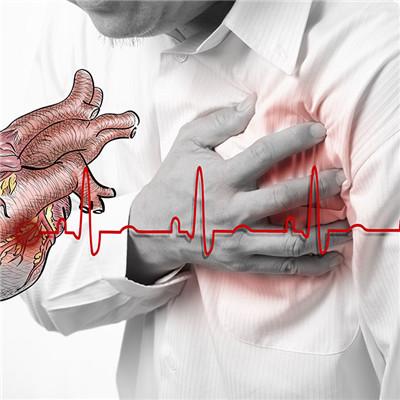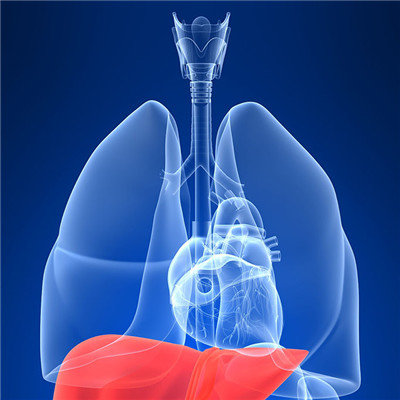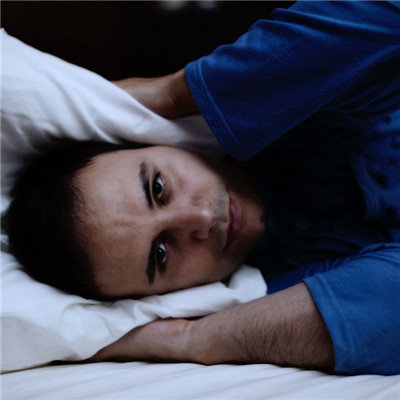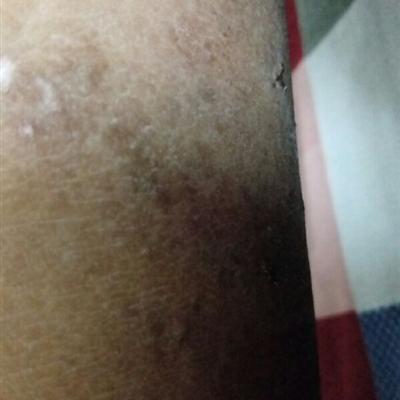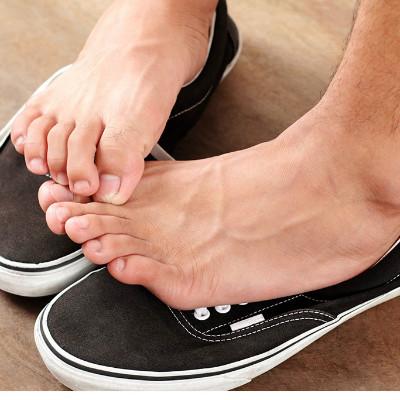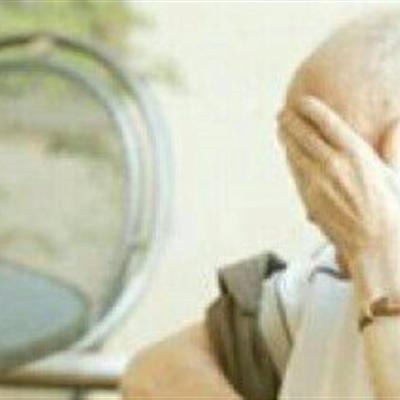Symptoms of Alzheimer's disease?
summary
Alzheimer's disease (AD) is a progressive neurodegenerative disease with occult onset. Clinically, it is characterized by memory impairment, aphasia, apraxia, agnosia, impairment of visuospatial skills, executive dysfunction, personality and behavior changes, etc. the etiology is still unknown. The patients before 65 years old are called Alzheimer's disease; After the age of 65, the onset of Alzheimer's disease. Symptoms of Alzheimer's disease? Let's talk about it
Symptoms of Alzheimer's disease?
Mild dementia. The symptoms were memory loss and forgetting of recent events; The patients can't analyze, think and judge the events, and can't deal with complex problems; Careless in work or housework, unable to do shopping and economic affairs independently, resulting in social difficulties; Although he can still do some familiar daily work, he is at a loss about new things, indifferent, occasionally irritated and often suspicious; When there is time orientation disorder, it can make orientation to the place and people, it is difficult to make orientation to the geographical location, and it has poor visuospatial ability of complex structure; It is difficult to name because of few words.
Moderate dementia. The results showed that the far and near memory was severely damaged, the visuospatial ability of simple structure was decreased, and the orientation of time and place was impaired; There are serious damages in dealing with problems and distinguishing similarities and differences of things; Can't do outdoor activities independently, need help in dressing, personal hygiene and keeping personal appearance; Calculation can not be carried out; There were various neurological symptoms, including aphasia, apraxia and agnosia; Emotional change from apathy to irritability, often walk around, visible urinary incontinence.
Severe dementia. The patient had been completely dependent on the caregiver, and had severe memory loss, with only partial memory; Daily life can not take care of themselves, incontinence, silence, limb stiffness, physical examination can be seen pyramidal tract sign positive, strong grip, groping and sucking and other primitive reflex. Eventually coma, generally died of infection and other complications.
matters needing attention
Antipsychotics help to control the patient's behavior disorder, agitation, aggression, hallucination and delusion. However, a small dose should be used and the drug should be stopped in time to prevent the occurrence of toxic and side effects. A small dose of perphenazine may be taken orally. Tioridazine is one of the commonly used antipsychotics in the elderly, but it is easy to cause ECG changes, so it is suitable to monitor ECG. Haloperidol has less effect on sedation and orthostatic hypotension, but it is easy to cause extrapyramidal reaction.

